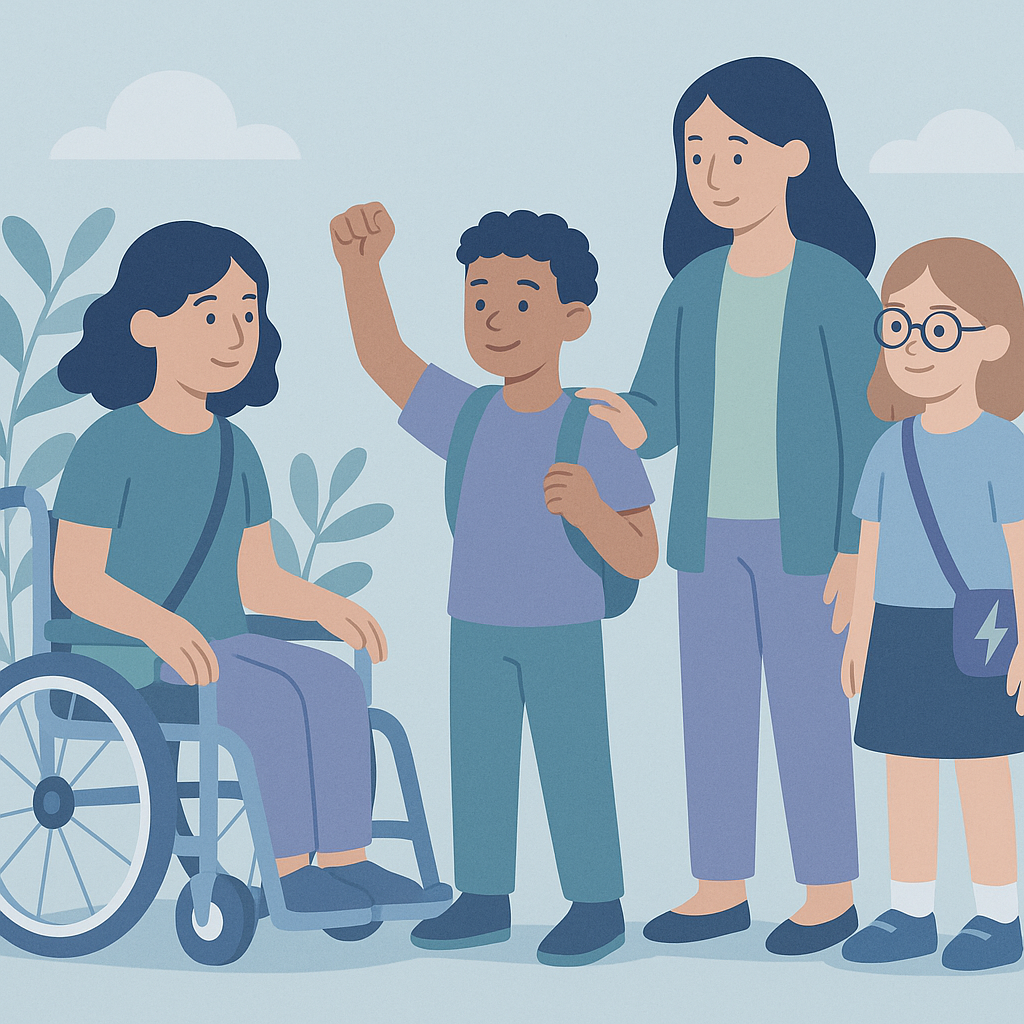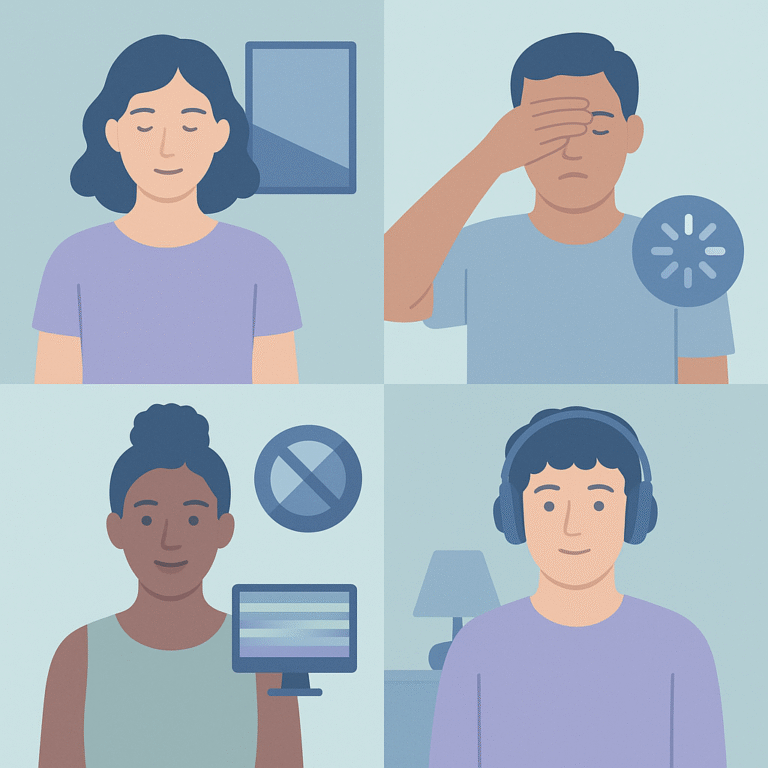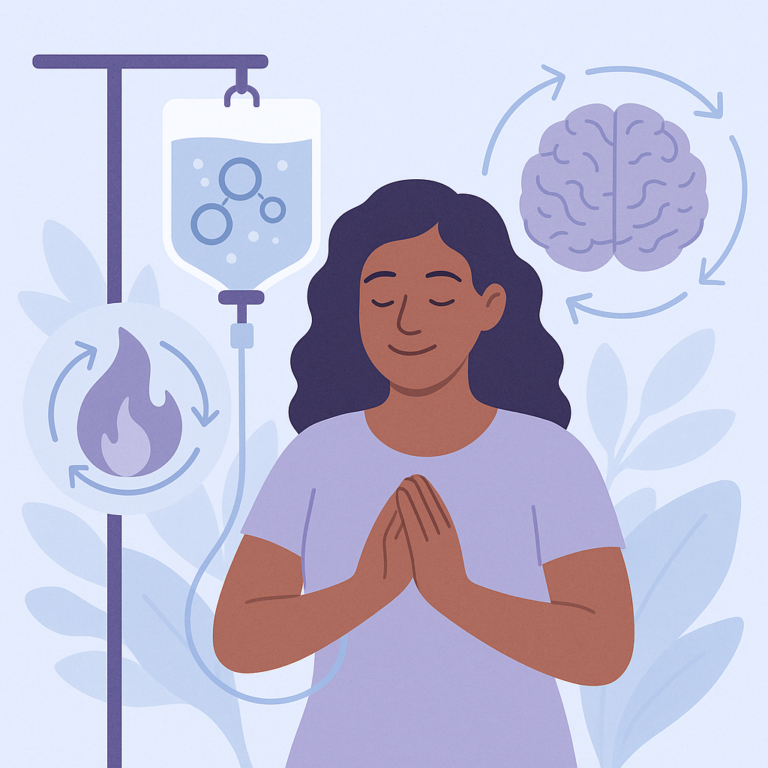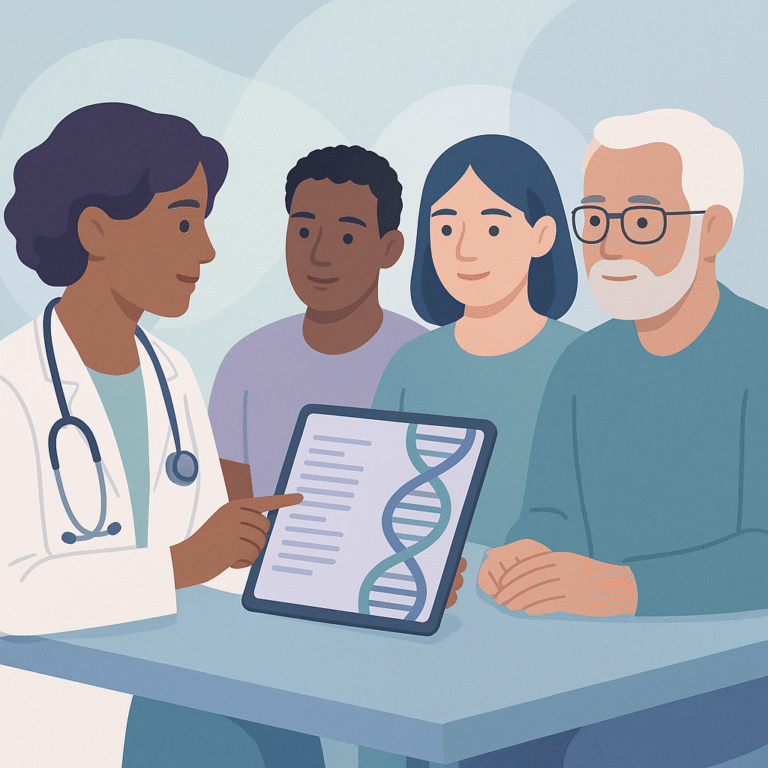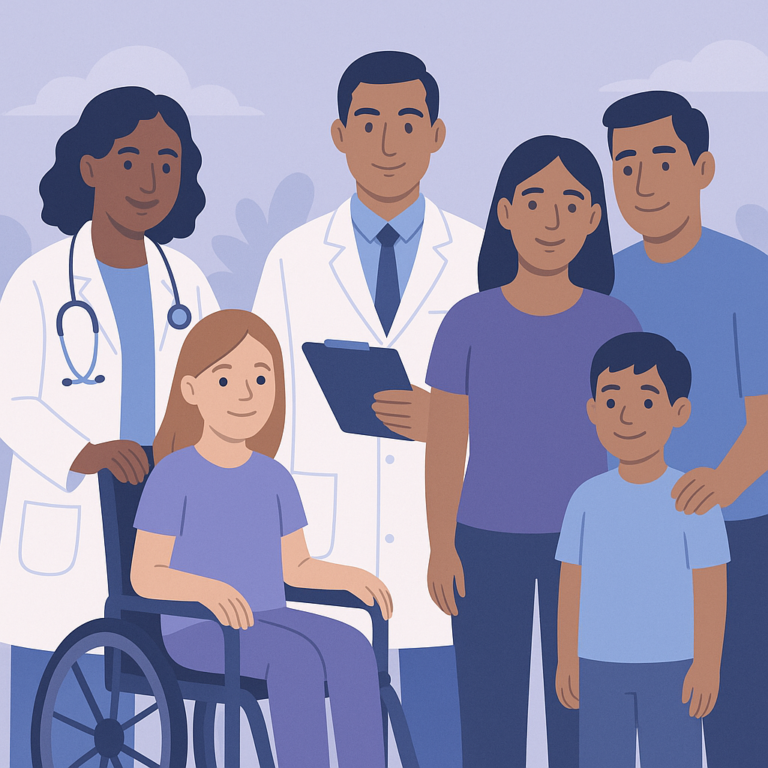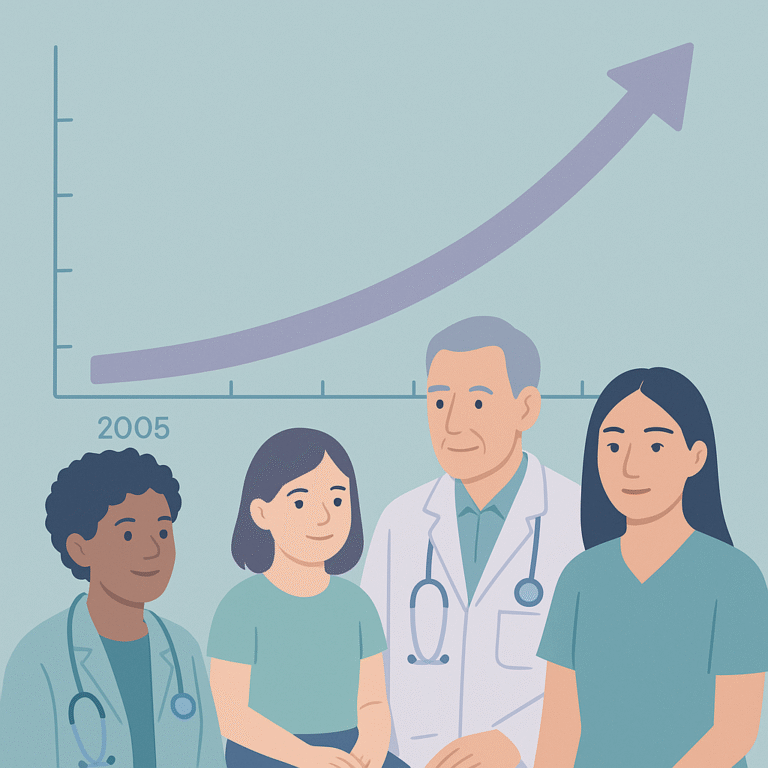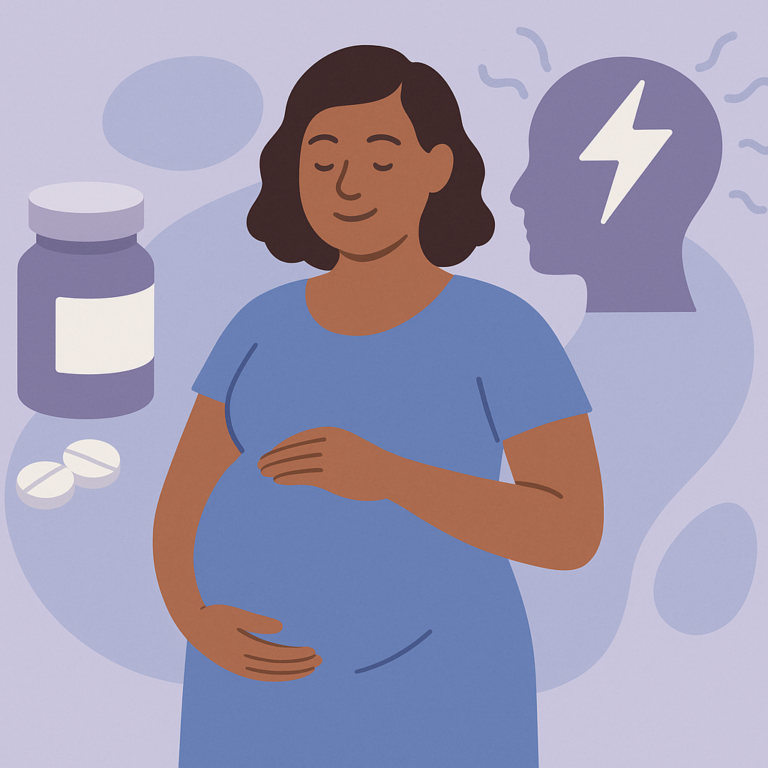Boosting Self-Efficacy Can Improve Life for Kids with Epilepsy
Summary
Researchers conducted a study to explore how children with epilepsy feel about their ability to manage seizures and how this affects their quality of life and experiences of stigma. The study involved 155 children aged 9 to 17 years and their parents. They used various standardized tools to measure seizure self-efficacy, quality of life, and stigma, while also considering factors like the number of medications the children were taking and the family's income and education level.
The main finding of the study was that children who felt more confident in managing their seizures reported a better quality of life and experienced less stigma. Specifically, higher self-efficacy scores were linked to improved quality of life and lower stigma perceptions for both the children and their parents. Additionally, factors such as taking multiple medications, having a longer duration of epilepsy, and lower parental education and income were associated with lower self-efficacy and higher stigma.
This research is important because it highlights the role of self-efficacy in the well-being of children with epilepsy and their families. It suggests that improving children's confidence in managing their condition could lead to better quality of life and reduced stigma. However, it is essential to note that this study is observational and cross-sectional, meaning it looks at data at one point in time and cannot establish cause-and-effect relationships. Further research is needed to confirm these findings and explore effective interventions.
Related reading
- Ganaxolone May Help Reduce Seizures in Epilepsy Patients
- Skull X-Ray Shows Complications After Head Injury
- New Genetic Mutations Found in Sisters with Growth Issues
- PV and SOM Cells Shape Brain Waves and Stability
- Carbapenem Antibiotics Linked to Seizures and Brain Stress
- Gastrodin May Help Reduce Inflammation and Neuronal Damage
Free: Seizure First Aid Quick Guide (PDF)
Plus one plain-language weekly digest of new epilepsy research.
Unsubscribe anytime. No medical advice.